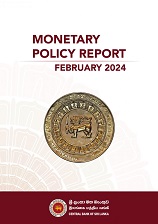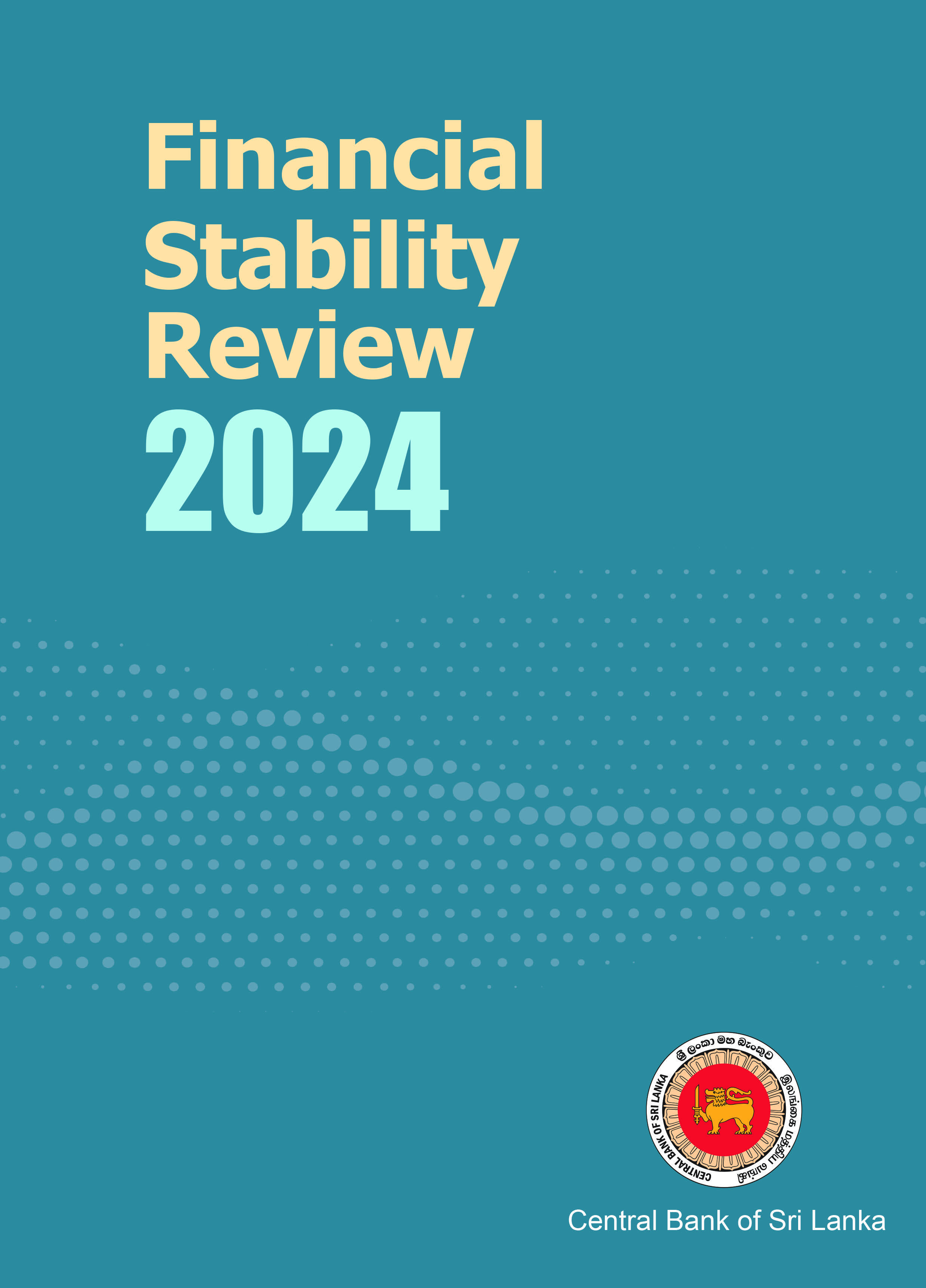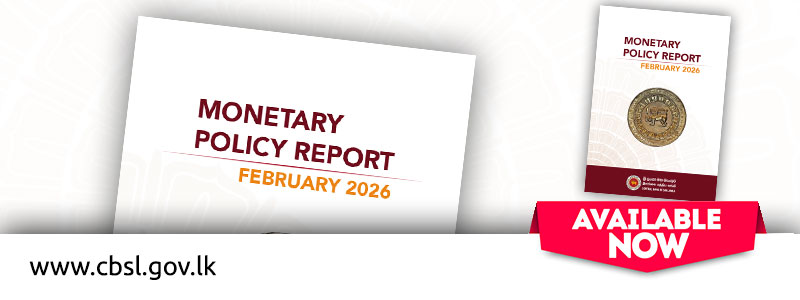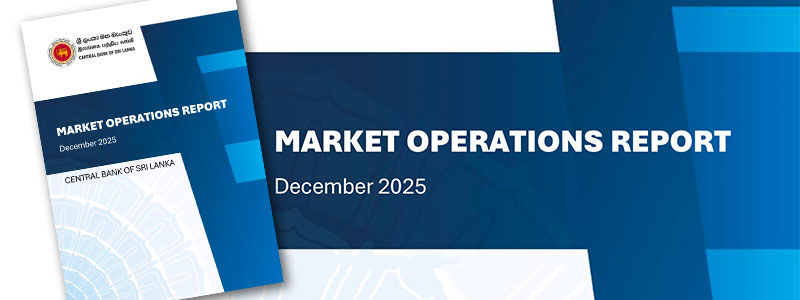By virtue of the powers vested under Section 19 (1) read together with section 19 (2) of the Financial Transactions Reporting Act, No. 06 of 2006 (FTRA), financial penalties can be imposed on Institutions for non-compliance with the provision of the FTRA. The penalties may be prescribed taking into consideration the nature and gravity of relevant noncompliance of the Financial Institution or the Designated Non-Finance Business (DNFBs).

















